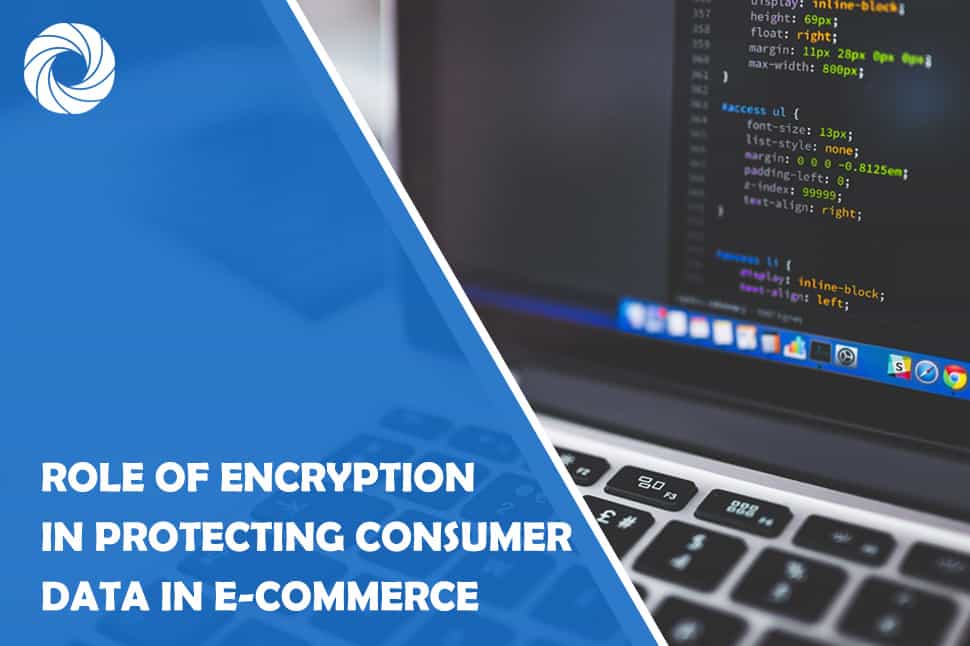In the bustling world of e-commerce, where millions of transactions occur daily, the protection of consumer data stands as a paramount concern for both businesses and customers. The surge in online shopping has been accompanied by an increase in cyber threats, making data security a critical aspect of e-commerce operations. Encryption emerges as a key player in this arena, serving as the cornerstone of strategies aimed at safeguarding sensitive information from unauthorized access. Within this context, the adoption of Managed File Transfer (MFT) solutions plays a vital role in enhancing the security framework of e-commerce platforms.

The role of encryption in e-commerce extends beyond securing individual transactions. It fosters consumer trust, a crucial element in the digital marketplace. In an era where data breaches frequently make headlines, customers are increasingly wary of where and how they share their personal information. Websites that employ robust encryption techniques can provide a secure shopping environment, reassuring customers that their data is protected. This trust, in turn, translates into customer loyalty and a stronger brand reputation, contributing to the long-term success of the business.
Moreover, encryption is not just a best practice; it is often a legal requirement. Various regulations and standards, such as the Payment Card Industry Data Security Standard (PCI DSS), mandate the encryption of payment information to combat fraud and protect consumer privacy. E-commerce businesses must adhere to these regulations to avoid hefty fines and legal consequences, underscoring the importance of encryption in compliance efforts.
The implementation of MFT solutions represents a strategic approach to enhancing data security in e-commerce. MFT provides a secure and efficient method for the transfer of files, incorporating encryption to protect data as it moves between systems, partners, and customers. By utilizing mft file transfer technology, e-commerce platforms can ensure that digital assets, from product catalogs to customer databases, are securely exchanged and managed. MFT solutions offer advanced features such as automation, auditing, and reporting, further strengthening the security posture of e-commerce operations.
In conclusion, the role of encryption in protecting consumer data in e-commerce cannot be overstated. It is a fundamental aspect of data security that not only safeguards sensitive information but also builds consumer trust and ensures compliance with legal standards. The integration of MFT solutions enhances these efforts, providing a secure and efficient framework for the management and transfer of data. As e-commerce continues to evolve and expand, the importance of encryption in maintaining a secure and trustworthy digital marketplace remains paramount.
